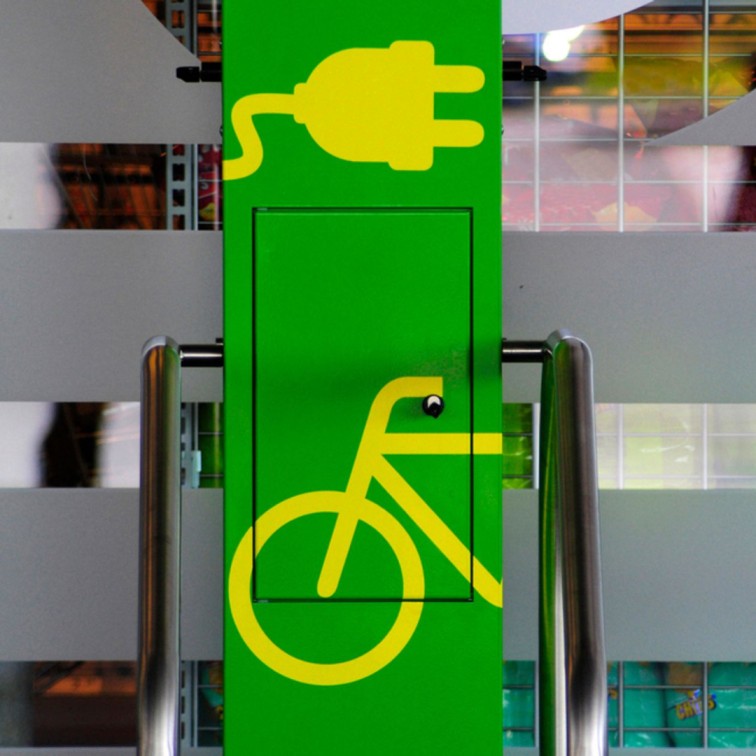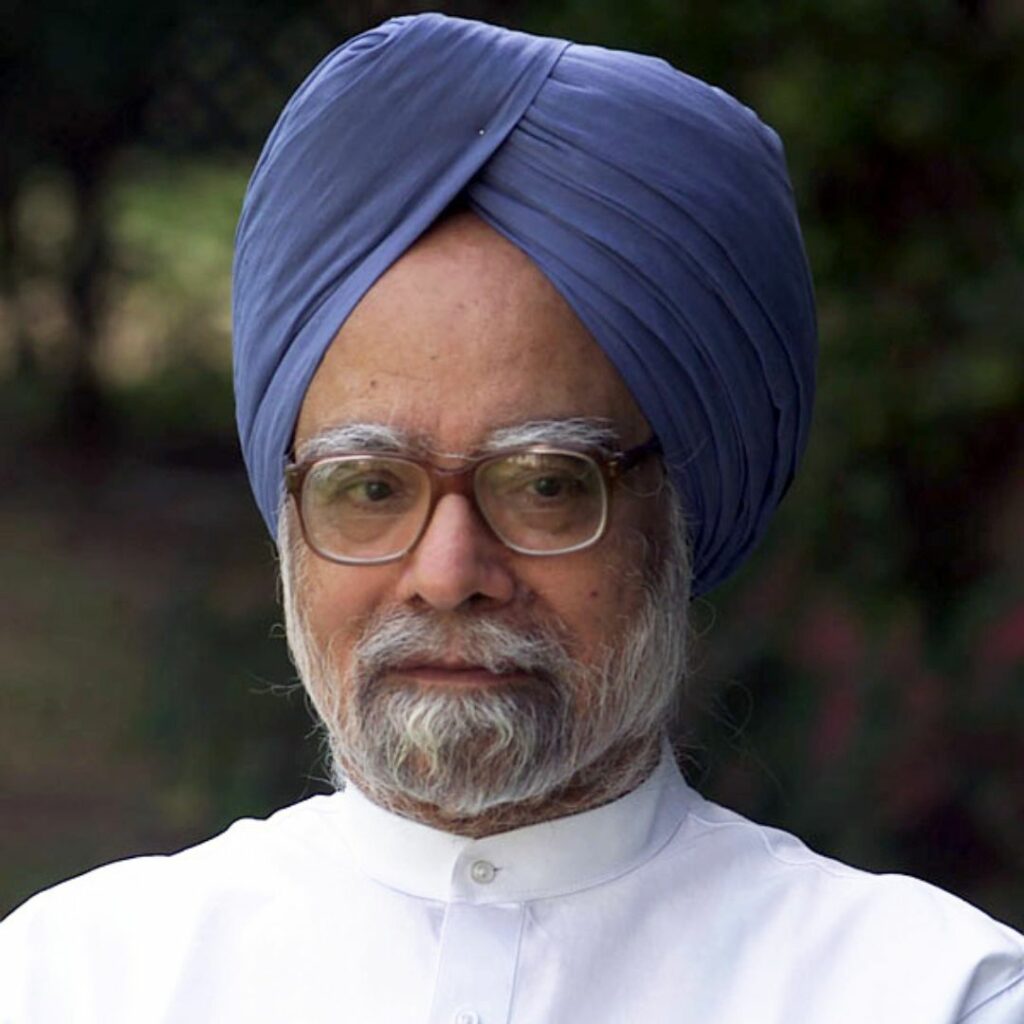Electric bikes have gained
immense popularity in recent times. The reasons are apparent— they emit zero or
fewer gases, have low running costs, and some models require less maintenance.
But these kinds of vehicles need special consideration. You need to understand
the different types of batteries that come equipped with e-bikes as well as their charging methods. So,
if you’re interested in purchasing an electric bike, read on to explore the
pros and cons of e-bike charging.
What are the types of electric two-wheeler batteries?
The following are the two most common batteries found in
electric bikes are:
- Lead-acid:
Lead-acid batteries are the oldest and cheapest option. But they are heavy and
not very good at storing energy compared to newer types. They tend to lose
their charge quickly even if you are not using them. It requires a hefty sum on
maintenance and replacements because they can only handle a limited number of
charges. Plus, they can leak and corrode, which is not good for the battery or
the environment.
- Lithium-ion:
This is the most common and preferred type of battery for electric
two-wheelers. It has a high energy density and a low self-discharge rate. It is
lighter and more compact than other types of batteries. It also has a longer
lifespan and can endure more charge cycles. It does not suffer from memory
effects and can be charged at any state of charge. However, it is also the most
expensive type of battery and requires complex management systems to prevent
overcharging, overheating, or short-circuiting, which can cause fire or
explosion. It also degrades over time and loses capacity due to temperature,
usage patterns, and charging habits.
How to Charge Your Electric Two-Wheeler?
- Regular Charging: Avoid complete discharges or long periods of inactivity for
your battery. Instead, charge it when it is between 20% and 80% to extend its
life and prevent overcharging or deep discharging.
- Temperature Control: Keep your battery away from extreme temperatures, both high
and low, as they can harm the battery’s chemical reactions and overall
performance. Store and charge it in a dry, cool place, avoiding direct sunlight
and freezing conditions.
- Use the Right Charger: Always use the charger specified for your battery and vehicle.
Using an incompatible charger can lead to overheating, overcharging, or even
short-circuiting, posing fire or explosion risks. Follow the charger manual’s
instructions and safety precautions.
- Regular Maintenance: Always carry out regular check-ups and ensure proper
maintenance to keep the battery and other parts in good shape. Look out for
rust, leaks, or damage on the battery and charger. If you find anything broken
or worn out, replace it immediately. Also, keep your tires inflated right.
Check your brakes are working well.
Conclusion
Following these tips and advice will
ensure your two-wheeler’s battery remains in great shape. With electric
two-wheelers becoming increasingly popular, now is a great time to go green and
join the community of electric riders. Two-wheeler insurance can provide the
necessary coverage should you get into an accident and suffer damage to your
vehicle. It’s also beneficial to choose cashless two-wheeler insurance, which
eliminates the need for financial transactions in the aftermath of an incident.
With the right knowledge of e-bike charging, you can confidently hit the road
and enjoy the benefits of electric two-wheelers. Additionally, it’s crucial to
have comprehensive bike insurance coverage in case of unexpected events.











